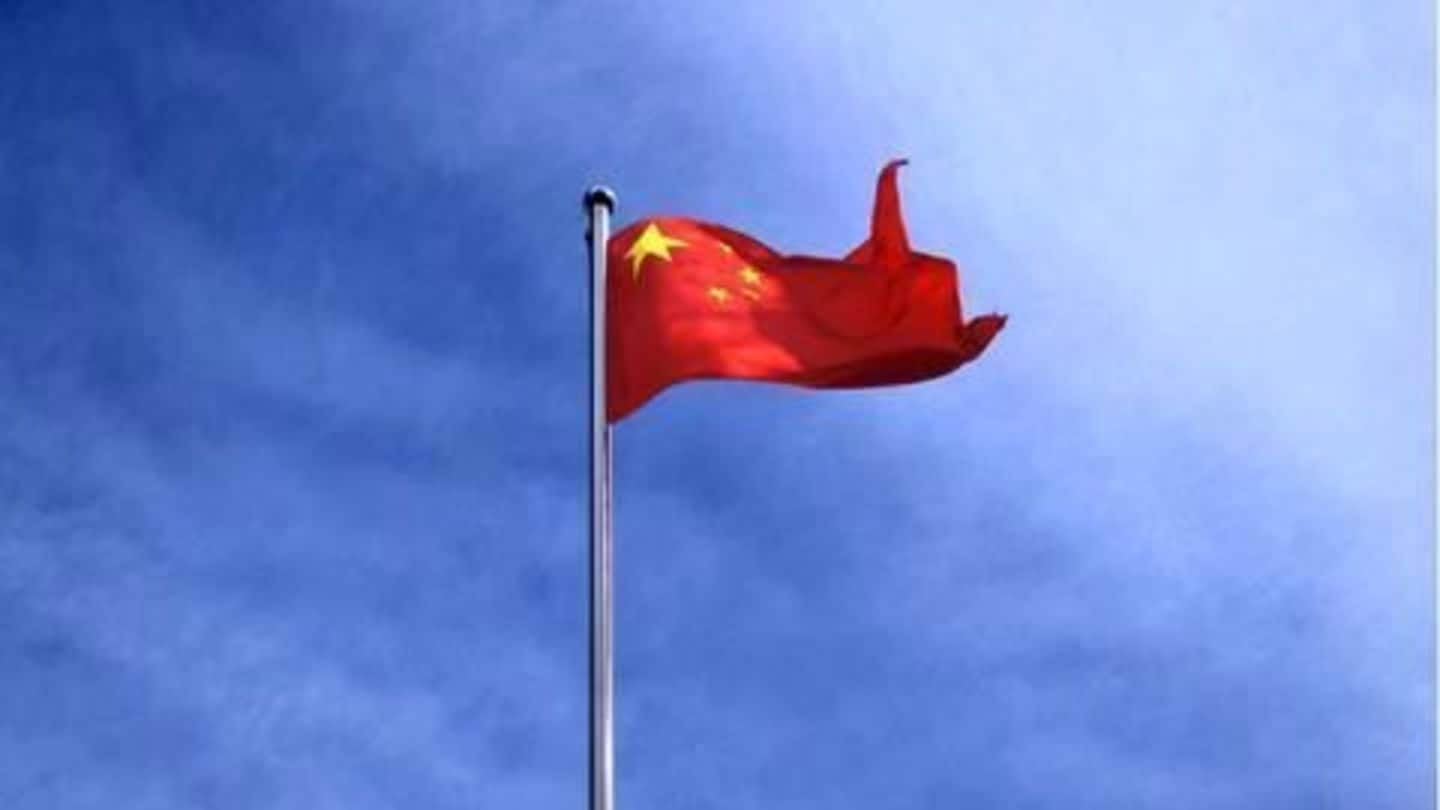
Official Party newspaper reveals China faked its growth figures
What's the story
China is set to release its GDP growth figures for 2016 tomorrow. On the eve of such a day, a report published by People's Daily, the official newspaper of the Chinese Communist Party, revealed that the local government of Liaoning province had fudged its financial data for years. The report confirms the existing suspicions harboured by investors and economists over China's growth data.
Data
The discrepancies in reported and actual financial figures
The capital of Liaoning province, Shenyang, reported a fiscal revenue of $351 million in 2013. However, a report from the National Audit Office showed that the figure was closer to $160 million. Furthermore, the report said that such malpractices were rampant in the province.
Testimony
Local governor declares that fiscal data was fudged
During the 8th meeting of the 12th People's Congress of Liaoning, the governor of Liaoning province, Chen Quifa, said that financial data for Liaoning was faked in the period 2011-2014. During the peak of the fraudulent activity, some figures were inflated by as much as 23%. More disconcerting is the fact that this falsification of data, according to several sources, is a nationwide phenomenon.
Quote
Fudging data is a widespread practice
"It's not only happening in Liaoning, but other provinces as well, as local governments are under pressure to show positive GDP figures. Those figures are part of their evaluation KPI system," said Feng Liguo, a China Enterprise Confederation expert.
Reasons
The reasons behind the widespread fraudulent activity
Although China's economic growth has slowed in recent years, the Chinese government still demands high growth figures from local and provincial governments. It is believed that local officials, as a result of central government pressure, fudged financial data to show that local governments were performing up to expectations. Furthermore, local and provincial officials depend largely on positive growth data to get promotions.
Quote
The problem has to be solved at a fundamental level
"It's good that Liaoning has admitted to it but that won't be enough to solve it fundamentally," said Hu Xingdou, an economics professor from the Beijing Institute of Technology.